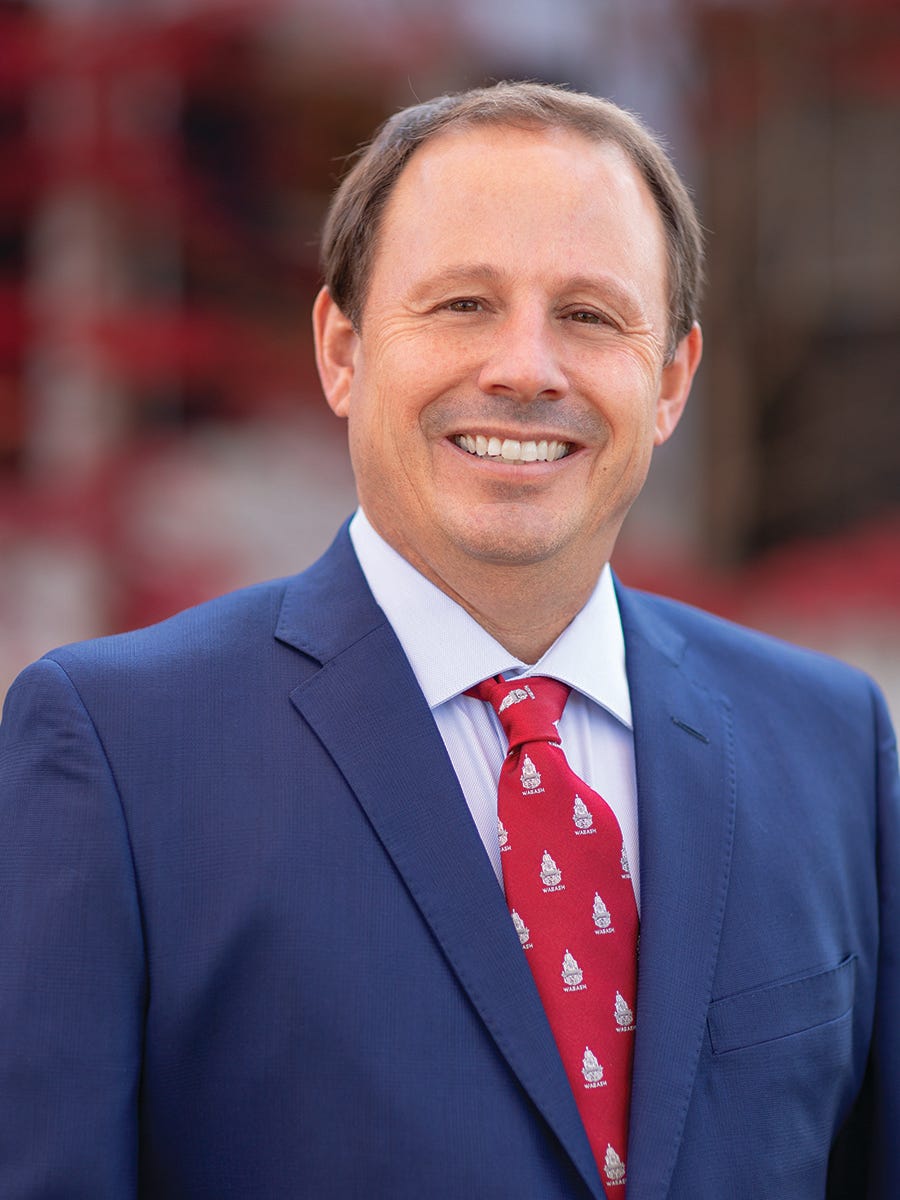
Colleges and universities across Indiana have welcomed students to their campuses. Even having spent nearly 30 years in higher education, I am renewed every year by the sense of excitement and wonder these eager learners bring to our college and community.
Unfortunately, with each passing year, that excitement feels more tempered by concerns about cost and the financial returns on a college degree. Much of this anxiety is driven by reports with headlines on costs, student loan burdens, and employment prospects for new graduates.
These stories are assumed to apply to all colleges and universities. However, they only accurately describe certain sectors of higher education. For example, growing student loan balances are increasingly driven by borrowing for graduate degrees and for-profit colleges.
A look at four-year, non-profit colleges shows the loan amounts and the percentage of students borrowing from federal student loan programs have decreased the past 10 years.
The conversation about the cost of higher education often focuses on the price to attend only the most expensive 1% of institutions. Little discussion is given to the more comprehensive reports on what families are actually spending on college. The College Board, for example, publishes an annual report on trends in college pricing, which shows that the average inflation-adjusted cost of a private college has also decreased.
While employment prospects for college graduates are harder to quantify and track over time, the conversations I am having with employers indicate a strong and growing appreciation for educated workers with strengths in written and oral communication, critical thinking skills and effective team leadership. The experiences of the graduates of Wabash College, where I serve as president, bear this out. In the last seven years, 98.8% of Wabash graduates have begun a job, graduate program or military service within six months of graduation.
The perception that college doesn’t pay off in the labor market is damaging in multiple ways. The number of Indiana high school graduates going on to college has declined from 65% to 53% in the last 10 years. High school graduates without a college degree are estimated to incur a million-dollar loss in lifetime earnings. As Ball State economist Michael Hicks has researched, it also puts the state’s economic future at risk given that the majority of new jobs being created are going to college graduates.
Innovation is driven by the diverse passions and skill sets of our citizens. Pressuring our college students merely to be workforce-ready defeats that passion. Similarly, pushing our colleges and universities to adopt similar approaches, even for the shared goal of workforce readiness, wastes the distinct and unique strengths of the institutions that make up our higher education ecosystem.
Indiana is blessed with higher education resources that are the envy of much of the country. It has a strong public university system led by two flagship universities and nearly 30 private institutions, including several of the nation’s best liberal arts colleges. It is time to start celebrating the good work they are doing and leveraging these resources.
Scott E. Feller is president and professor of chemistry at Wabash College in Crawfordsville, Indiana.
This article originally appeared on Lafayette Journal & Courier: Op-ed: Look beyond headlines: college does matter
EMEA Tribune is not involved in this news article, it is taken from our partners and or from the News Agencies. Copyright and Credit go to the News Agencies, email news@emeatribune.com Follow our WhatsApp verified Channel



